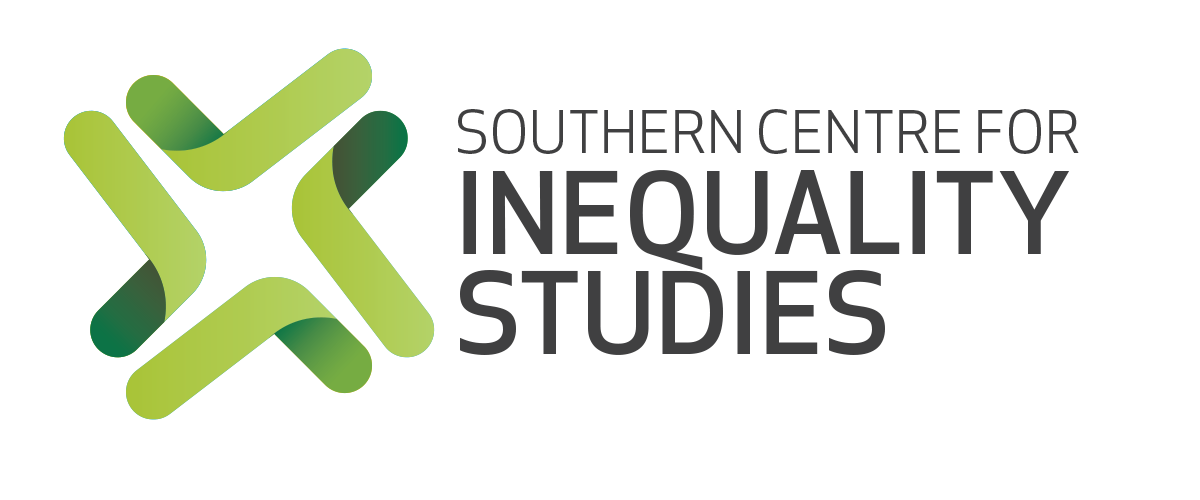7Qs for Academics Hannah Dawson
- SCIS
Today we speak to Dr Hannah Dawson Senior Researcher: Future of Work(ers) Southern Centre for Inequality Studies
This is an ongoing series where we introduce some key researchers and academics getting to understand their work, their developing research interests as well as what keeps them engaged.
Explain the nature of your work and/or how it relates to inequality.
My research explores the social, economic and political effects of growing un(der)employment with a focus on South Africa. I have spent the last few years tracing the lives, livelihoods and struggles of young people with little, if any, prospects of attaining regular wage work to examine how conditions of un(der)employment are engendering alternative livelihoods, identities, and political struggles. I see my work as part of a broader effort to document how the reconfiguration of labour and employment relations is imbricated within regimes of race, gender, citizenship and other forms of difference. My current research, as part of the Technology and the Future of Work(ers) project, examines how digital technologies are shaping the direction of social policy, especially around cash transfers and basic income, and the way the future of work is being imagined – and transformed.
Why do you think inequality remains such an intractable social and economic problem?
A significant part of the challenge has to do with individuals and ideology, on the one hand, and the structure of the economy, on the other. Many of the most powerful and wealthy that benefit from our unequal economy and society do not see their disproportionate wealth as ill-gotten. On the contrary, they see it as a product of their hard work and thus morally acceptable. The idea that the wealthy ‘deserve’ their wealth impedes the introduction of social policies to correct vast inequalities and redistribute wealth. It also stifles the political will needed to address inequality over the long term. At a structural level, the process of financialization has seen a downward trend in labour share income—the share of income paid in wages, including benefits, to workers. This decline in the share of total income going to labour in South Africa—and globally—has not only exacerbated income inequality but contributed to the concentration of wealth.
What continues to keep you engaged in your work or areas of research?
The potential of research to better understand the social and political forces that are needed to bring about a more just and equal society.
What is one thing your field is not focusing on that it should?
I’m an interdisciplinary scholar so this makes it hard to choose one thing. However, I think the study of inequality is still too dominated by economic metrics and understandings. We need more research on the lived experience of inequality - for instance how is inequality shaping contemporary subjectivities, social relations and aspirations? - and people’s responses to it - how are individual advances experienced, understood and justified/challenged by different social and economic groups?
Who are some academics (in your field or otherwise) whose work you follow closely? Why?
Deborah James, Edward Webster, Anne-Maria Makhulu, Franco Barchiesi, James Ferguson and the late Thandika Mkandawire.
What books are you currently reading?
I am reading Aaron Benanav’s book Automation and the Future of Work and Critical Social Theory and the End of Work by Edward Granter.
Complete the sentence: “The first thing I do each morning once I get up is …”
… make coffee followed by a walk in my neighbourhood.


